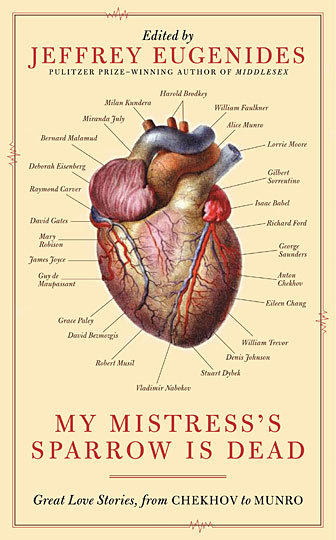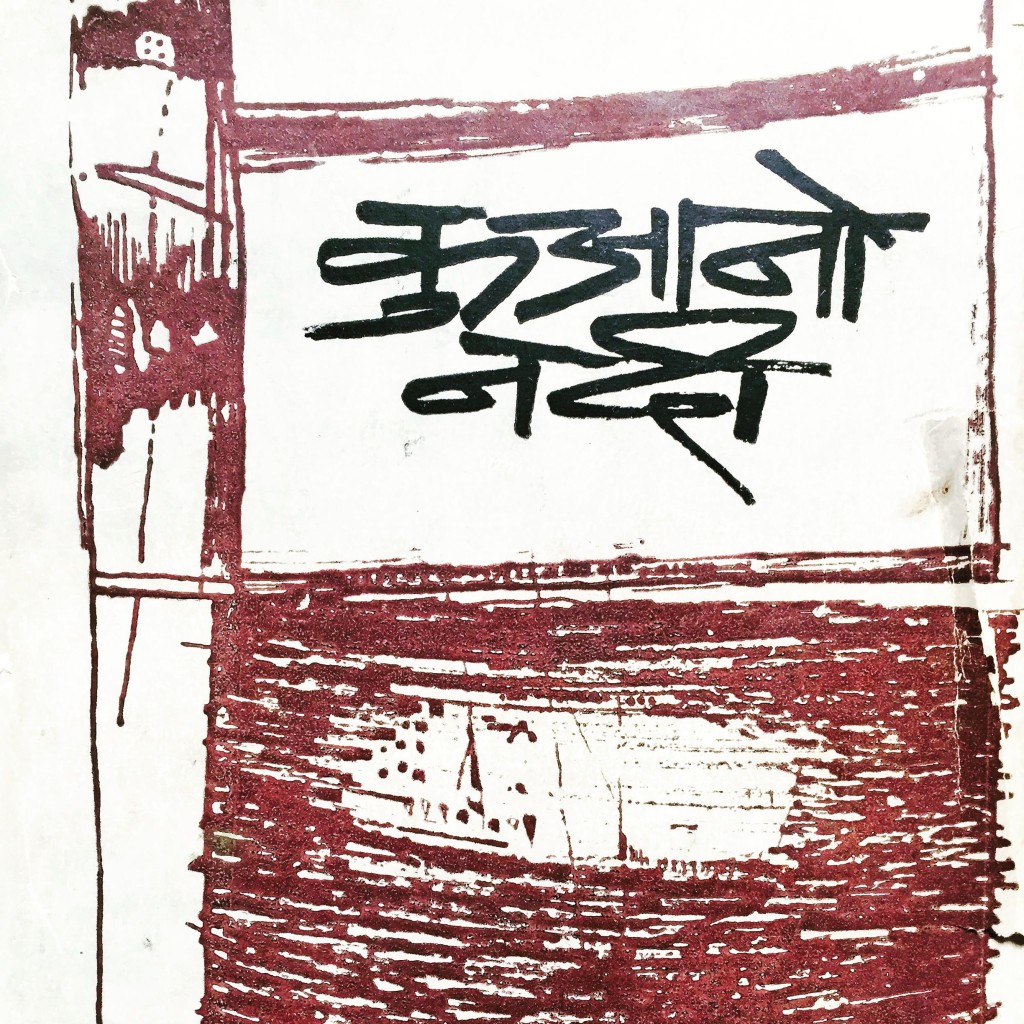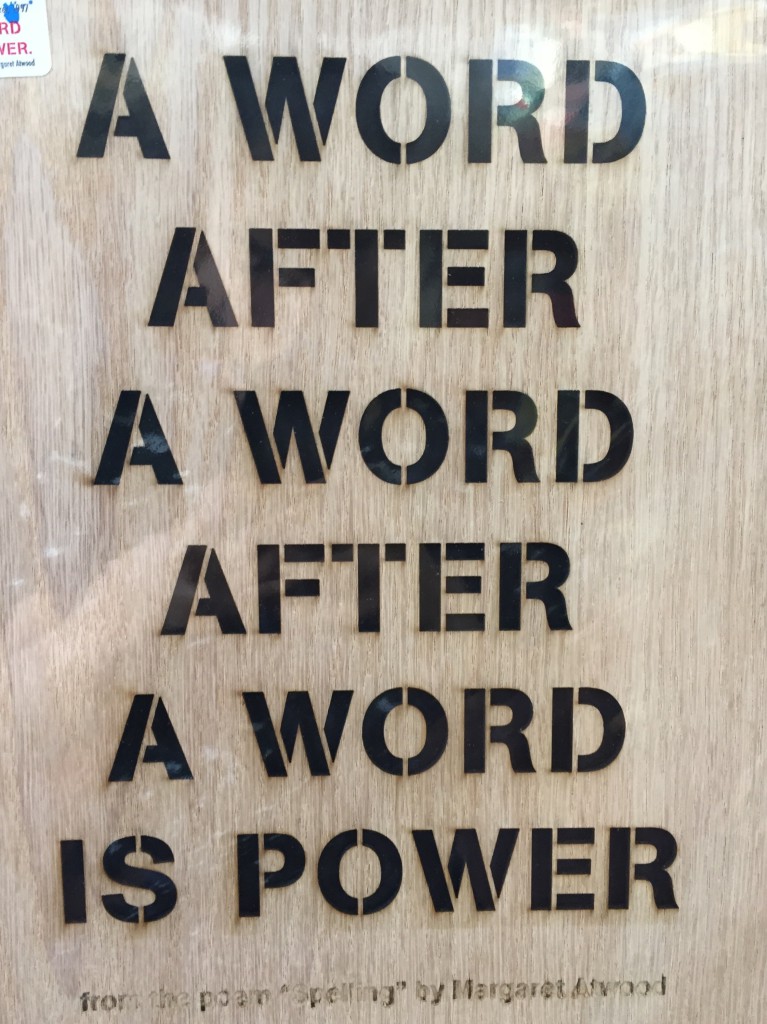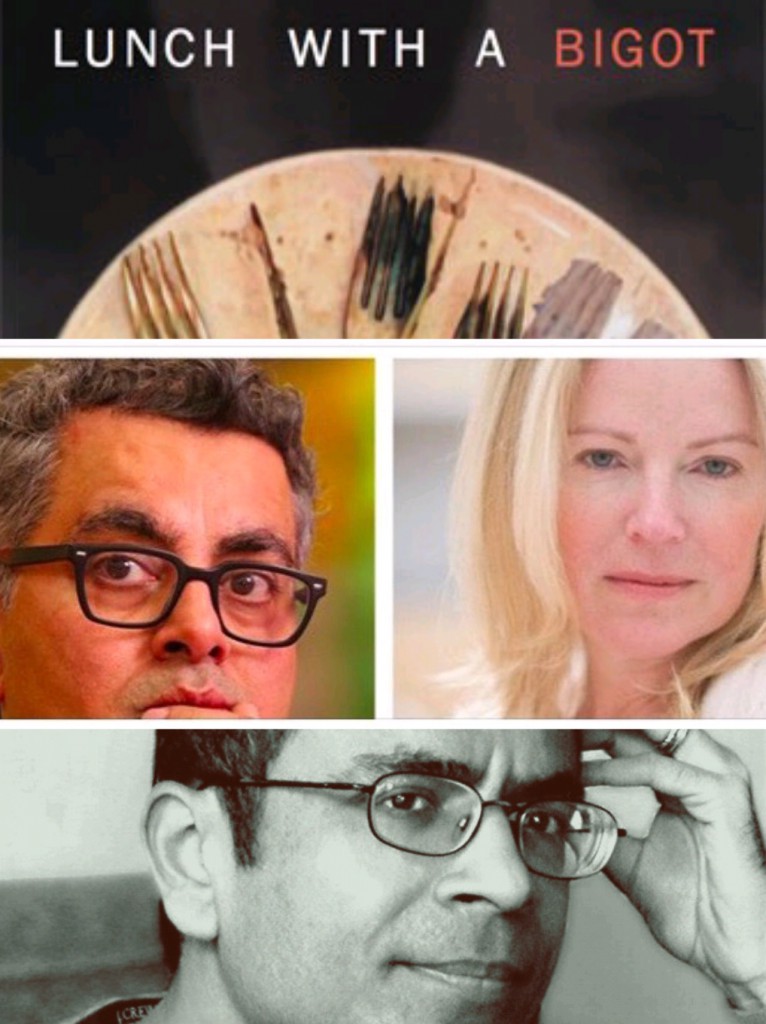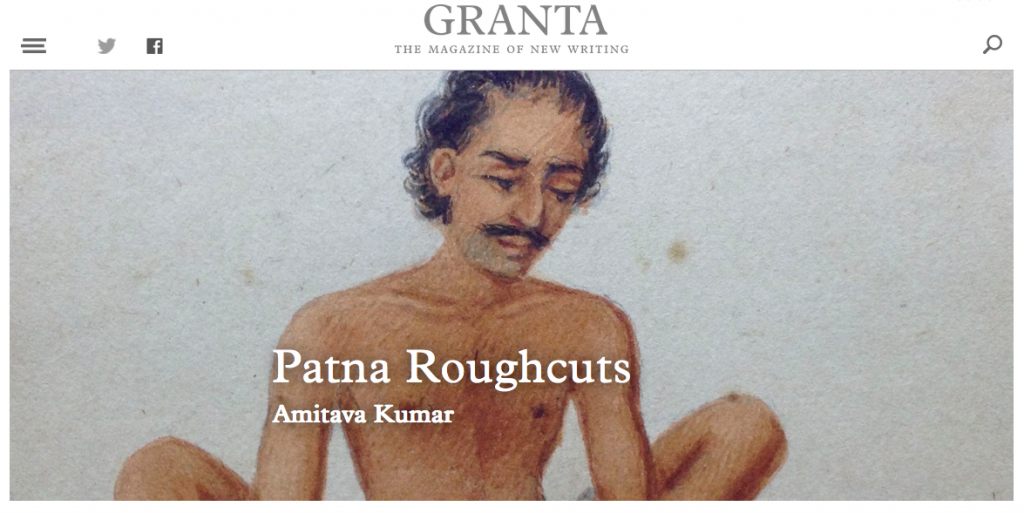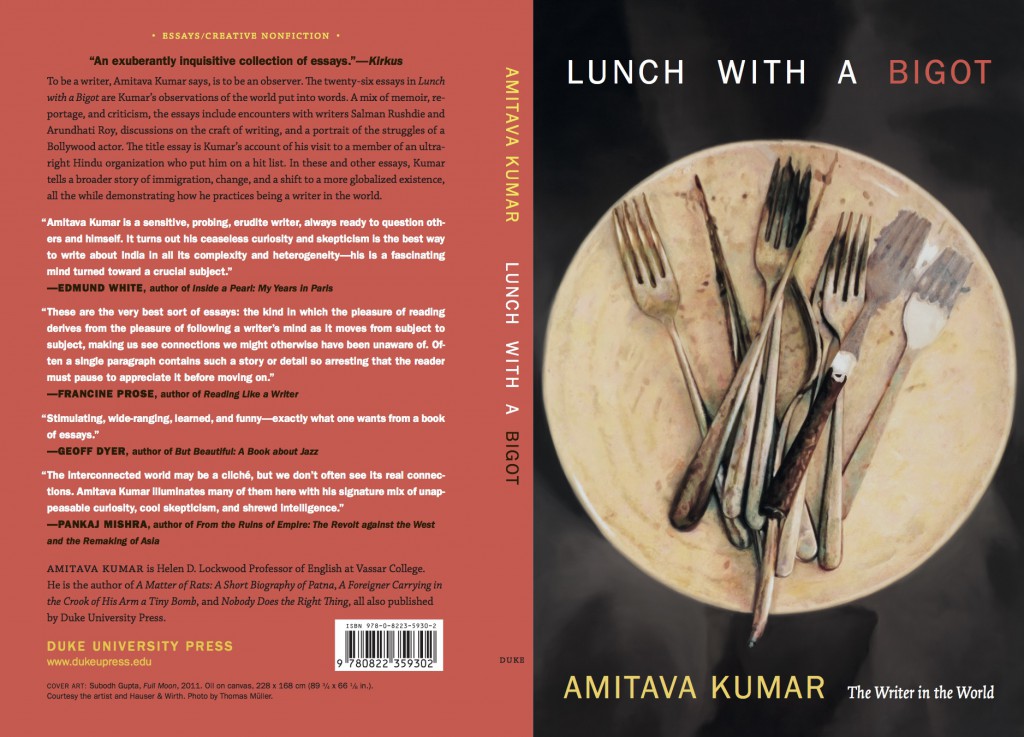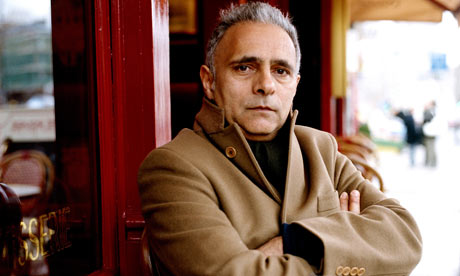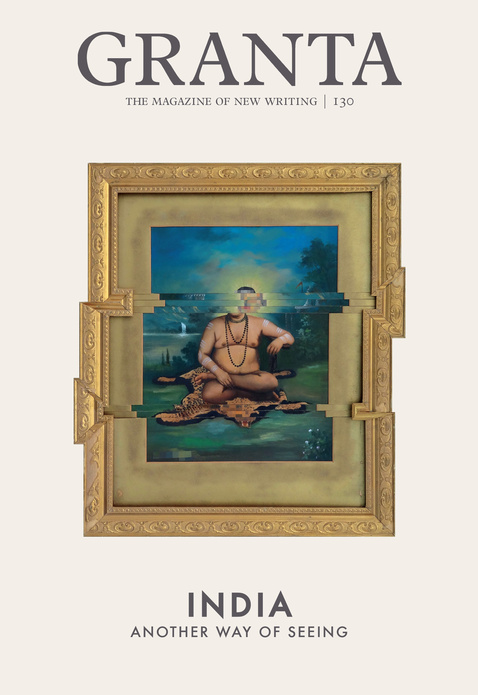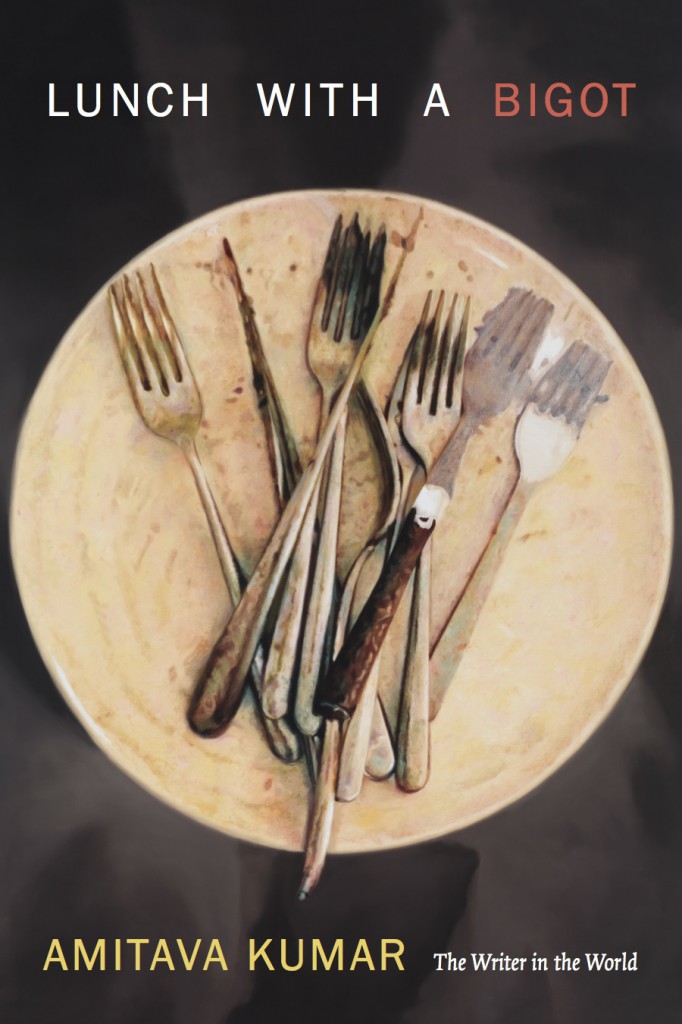
I have written a piece about Claudia Rankine and how she creates teachable moments; for instance, in her commentary on what commentators say about Serena Williams. More generally, the piece is about academe and race:
Everything in American public life, when it comes to race relations, serves as a frame for a history of violence and degrading humiliation. And yet, what is inspiriting about Rankine’s latest volume of poetry is its deep investment in the teachable moment. The teachable moment in Citizen doesn’t involve sharing beer. Instead, we watch the poet flinch, or introduce a pause, or post a rebuke. The teachable moment here often simply resides in asking What did you say?
One of the pieces in Citizen begins thus:
You are in the dark, in the car, watching the black-tarred
street being swallowed by speed; he tells you his dean
is making him hire a person of color when there are so
many great writers out there.
Photo of Serena Williams from here
